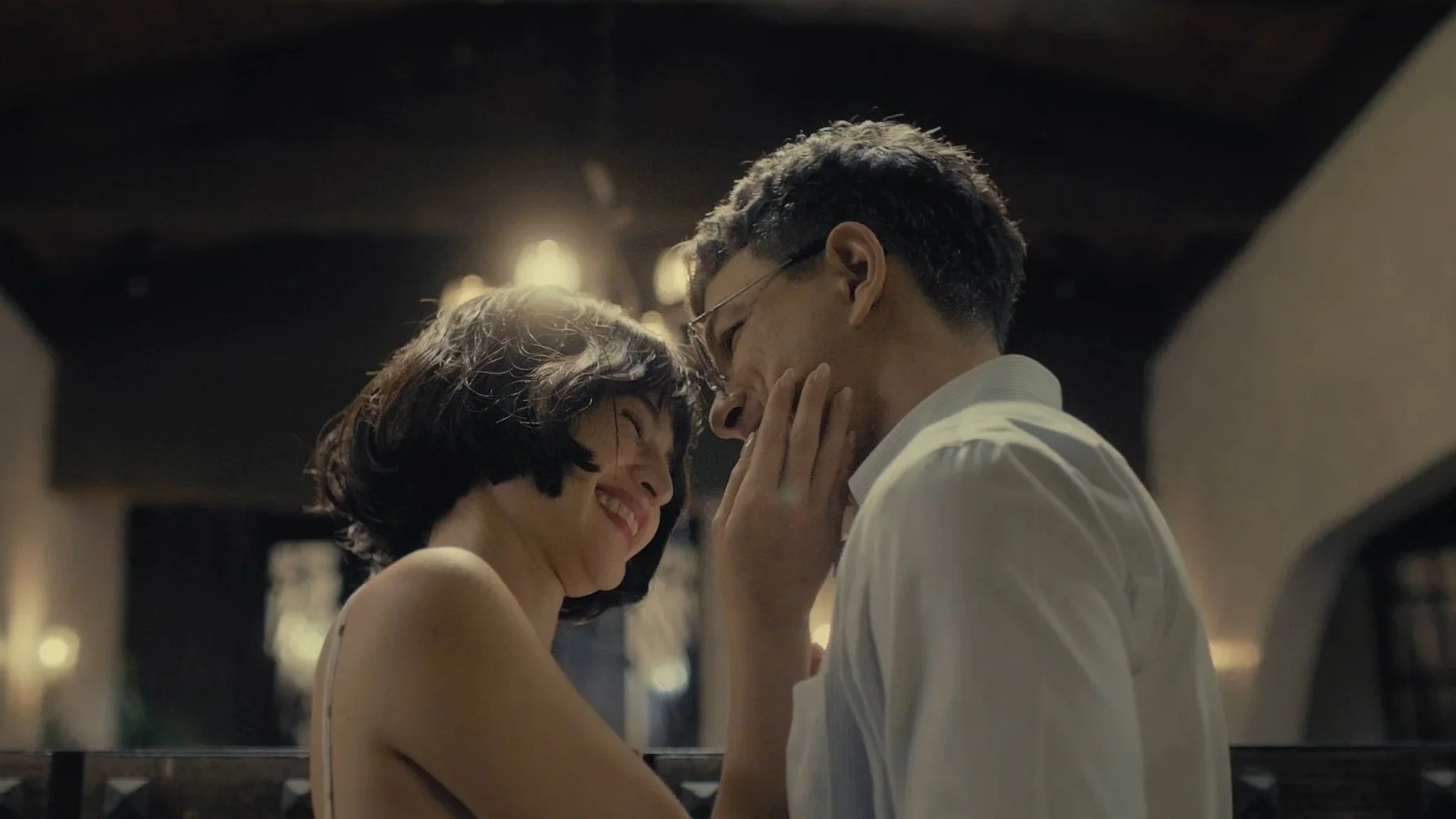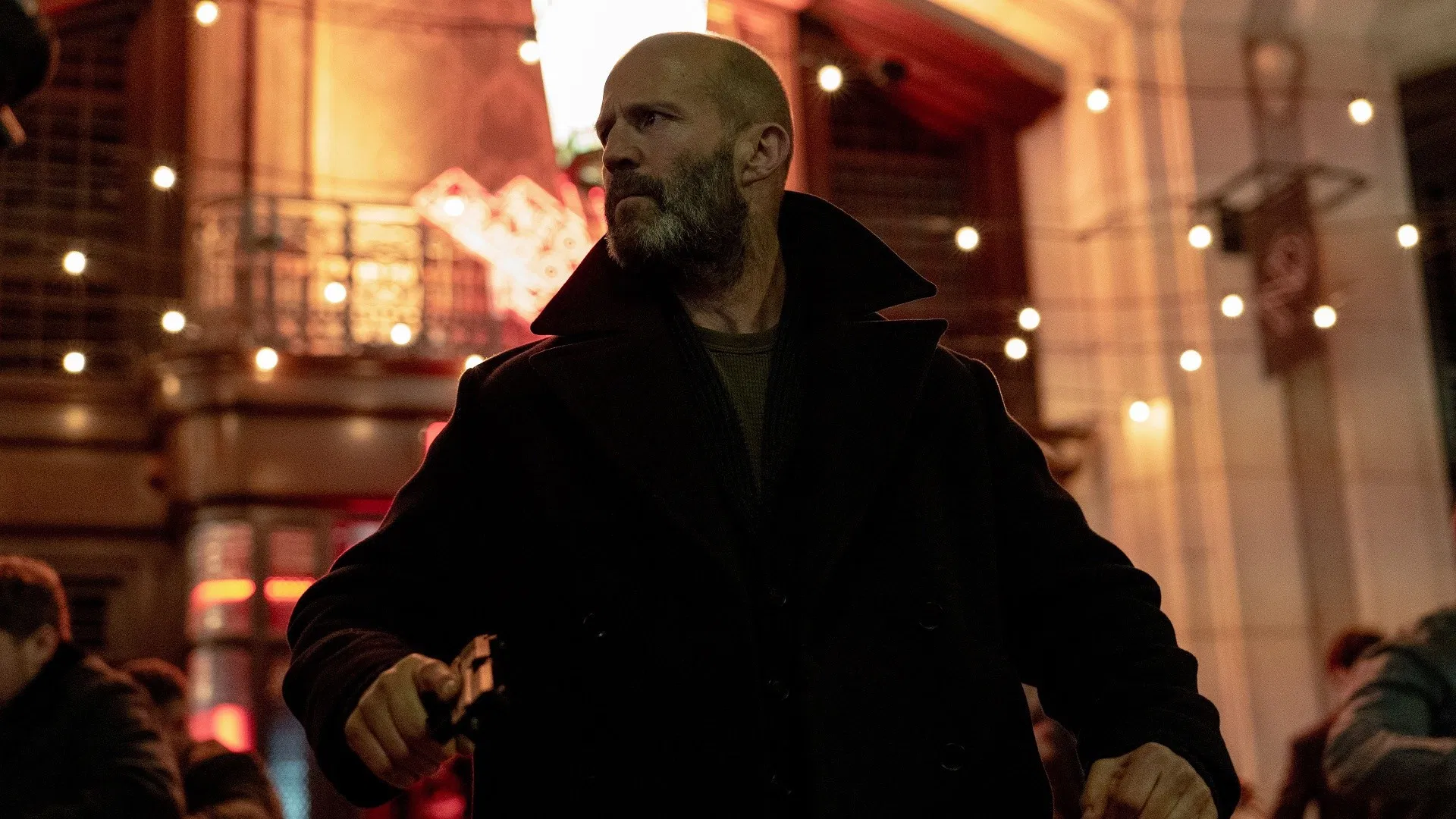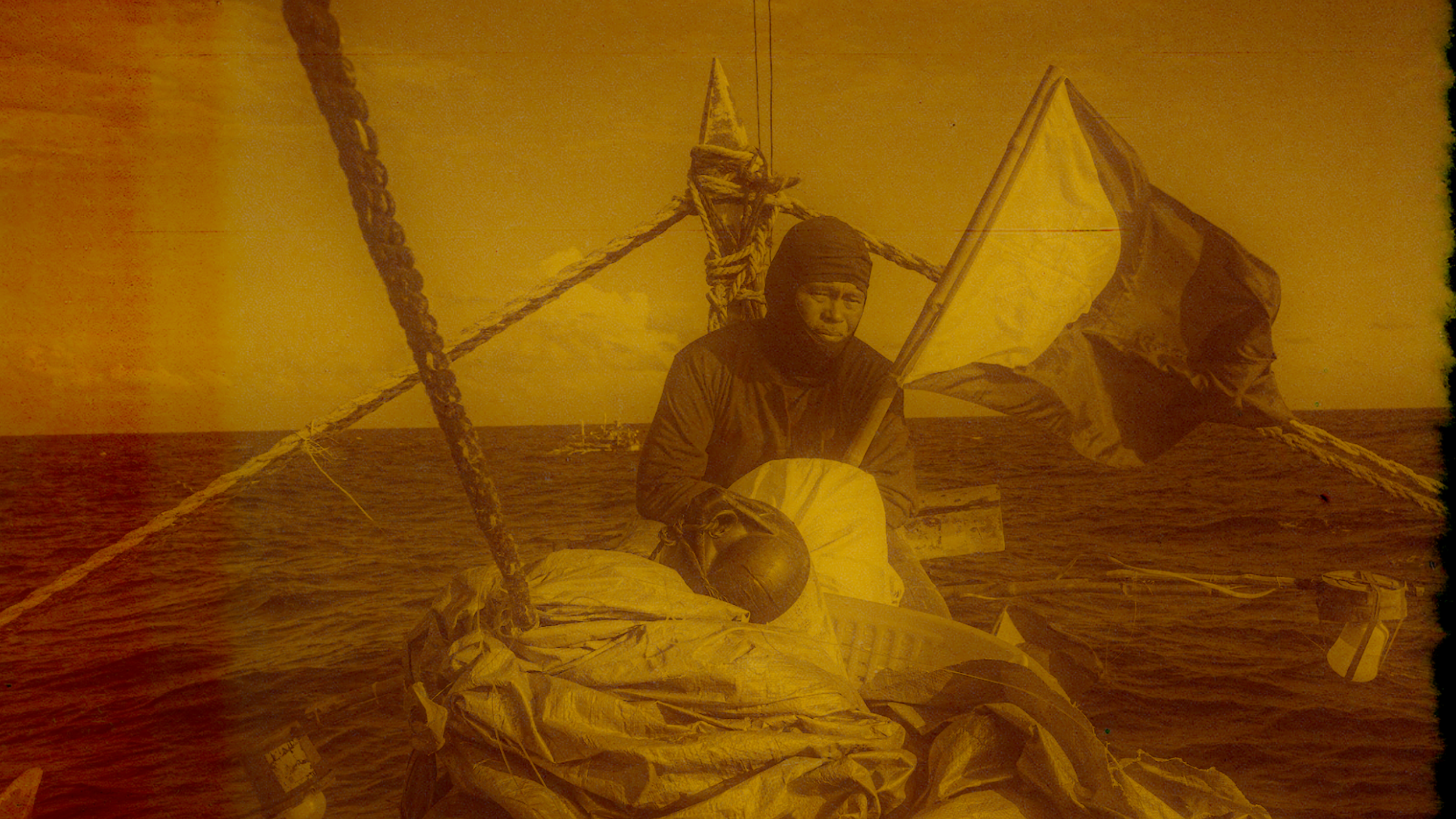‘Black Bag’ REVIEW: Spying as a s(l)ick love language
‘Black Bag’ REVIEW: Spying as a s(l)ick love language
Just a few months ago, Steven Soderbergh — along with screenwriter David Koepp — released Presence, an experimental haunted house movie where the ghost serves not as an agent of terror but as a dramatic anchor to explore domestic relationships within the average American family. Now, both director and writer combine forces once again to do their own character-driven take on a common genre concept—this time, on high-stakes espionage thrillers in Black Bag.
Black Bag follows George (played by an icy and intense Michael Fassbender), an MI6 agent assigned to find the mole in their workforce who has recently leaked highly dangerous software that can cost the lives of millions. He's given a suspect list — one of whom is his wife and fellow agent, Kathryn (played by an alluring yet cunning Cate Blanchett). The film revolves around this paranoia-induced investigation that puts his marriage to the test.
What I find most intriguing about this film is how its plot with large-scale ramifications is kept on a small scale, with major emphasis on the trials and tribulations of maintaining a relationship given the nature of their work. Much of the drama unfolds in dinner parties, office meetings, and one-on-one rendezvous in secluded places, which makes Black Bag more of a chamber drama than anything else.
In the film, “black bag” refers to a secret that one holds and shouldn’t openly discuss—even amongst partners. When George asks his wife where she’s off to, Kathryn replies, “Black bag.”
Later on in the film, one of the agents and suspects, Clarissa (played by a scene-stealing Marisa Abela), laments how being a spy makes having a relationship with anyone seem impossible. She cries out at one point: “When you can lie about everything, how can you tell the truth about anything?” How is a relationship supposed to last when one or both parties hold so many “black bags” amongst each other that expecting any sort of trust and fidelity seems absurd? This very question becomes the film’s central idea—one that Koepp latches onto.
While Steven Soderbergh’s latest thriller definitely centers around espionage and has its fair share of covert surveillance operations and prodding interrogations, the film is really about the workplace intimacies, and how agents navigate close personal relationships in the midst of their highly secretive jobs. And honestly, that’s a more interesting concept than the usual package we normally get in the same genre.
But what really makes this interesting concept so fascinating is the fantastic ensemble. Koepp and Soderbergh make each character distinct by providing them with specificity in how they talk and behave, even down to the supporting cast. Clarissa, being the youngest and most inexperienced in this ensemble, is more prickly, playful, and emotional, and often serves as the audience surrogate who keeps the film grounded with humor and wit. Her partner, the older Freddie (Tom Burke), is sort of the loose cannon of the bunch. Regé-Jean Page’s James is the rising star of the agency who is sophisticated and serious about his job. Meanwhile, his girlfriend and in-house psychiatrist, Zoe (Naomie Harris), maintains a level of professionalism but has her own dirty and rebellious streak mainly due to her Catholic upbringing.
Many of these characterizations are displayed upfront through spicy dialogue and brooding mannerisms, but there are times when a character is explored in more deliciously subtle ways. For example, before the first dinner party set-piece, George — who maintains a cold and calculating façade — shows a strict need for control when he excuses himself to redress after getting his sleeves stained while cooking and conversing with another character. How this brief and simple moment is shot and edited feels precise and significant, and truth be told, this is how each and every small character interaction in the film plays out.
Like I said, Black Bag is all very contained with dialogue between characters without any grandiose spectacle to be had, but somehow the words being exchanged are made to be exciting and intriguing almost effortlessly. Sure, there are still plenty of misdirects and twists in store, but it’s all in service of revealing the characters — so much so that any mention of worldwide consequences doesn’t seem to matter much, and I say that as a good thing.
Commonly, spy movies will give audiences plenty of expository information about something dire that all boils down to: a villain has the power to destroy the world; a hero then must infiltrate that power to save it. In Black Bag, it’s not really interested in spies saving the world, but it’s more enamored with spies saving their relationships — or at least, preserving what’s left of them. This is what makes Black Bag deceptively romantic.
As much as Black Bag is all about the secrets and lies the spies hold and tell each other respectively for their own self-preservation, Soderbergh makes spying a genuine form of love language, where surveilling your partner becomes an act of devotion, and snooping on their belongings is a sign of trust. It’s twisted and ironic, but as Clarissa puts it, it’s hot. And it wouldn’t be this damn sexy if it weren’t for how meticulous the characterization is and how each actor sells their roles with such finesse and screen presence.
And as expected from Soderbergh and Koepp, every sensual psychological intrigue in this film all plays out in a slick 95-minute runtime. But unlike their previous effort, Presence, this all feels like a complete package with no tables left unturned. Although I would’ve loved to see more of the central relationships — since there’s so much personal history implicitly displayed throughout the film — it seems just right with the way the film ends. Sometimes, a movie is better for leaving audiences wanting more, rather than making them think they should’ve spent their time on something else.
















